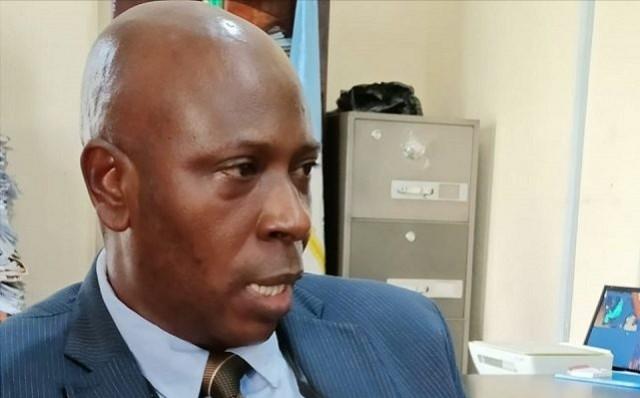To address the ongoing “Japa” trend—where Nigerian professionals leave the country in search of better opportunities abroad—the Rector of Delta State Polytechnic, Otefe-Oghara, Professor Emmanuel Ufuophu-Biri, has called for more competitive incentives to retain local lecturers.
Speaking on the issue, the Professor of Mass Communication and Journalism emphasized that offering attractive packages and increasing funding for the education sector could encourage Nigerian lecturers to stay and reduce the rate of “Japa.”
In an interview with The Guardian, Professor Ufuophu-Biri identified poor funding and inadequate remuneration as key factors driving the brain drain in Nigeria’s education sector. While acknowledging that migration for better prospects is a global trend, he expressed concern that it becomes problematic when a country’s most skilled professionals are consistently lured away.
He explained, “Japa is a global phenomenon. However, it becomes dangerous when your best talents start leaving because they feel undervalued and underpaid. For instance, in 2009 to 2010, when Nigerian professors were earning between $3,500 to $4,000, they weren’t leaving in large numbers. But now, if they get offers five times their current salary outside the country, you can’t blame them for leaving.”
He also pointed out that other countries are benefitting from Nigeria’s loss, noting that many Nigerian academics now hold prominent positions in South African universities. “If you offer competitive salaries and better working conditions, it will attract not only Nigerians but also professionals from other countries. The same way foreigners come to Nigeria for the lucrative oil sector, they would also come for a well-funded education sector,” he added.
Professor Ufuophu-Biri argued that to stop the “Japa” trend, Nigeria needs to make its education and healthcare sectors more attractive. “We have some of the best brains in Nigeria. If you want to keep them, you need to provide the right incentives.”
Supporting this viewpoint, Education Minister Professor Tahir Mamman recently stated that the education sector is actually the hardest hit by the “Japa” phenomenon, even more so than the medical field. He highlighted that not only university lecturers but also teachers from primary and secondary schools are leaving the country in large numbers.
“The education sector has suffered the most from brain drain. Contrary to popular belief, it’s not the medical sector that’s the worst hit but the education sector. We are losing teachers at all levels—primary, secondary, and tertiary—to Europe and other places,” Professor Mamman said during the inauguration of the Governing Councils of federal tertiary institutions last month.
According to a 2023 report by the Nigerian Immigration Service, over 3.6 million Nigerians have migrated to other countries in the past two years in search of better opportunities. Professor Ufuophu-Biri believes that this trend will continue unless the government takes decisive steps to offer more competitive conditions for educators and other professionals in Nigeria.
